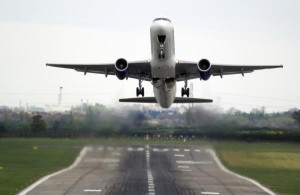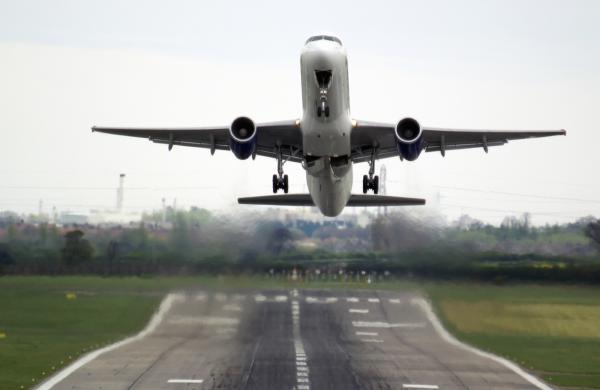 The CPI inflation rate rose to 2.7 percent in May after airfares and other transport costs increased substantially. New data from the Office of National Statistics shows that May’s rise in inflation exceeded all economists’ expectations, signalling a long-term increase in the amount that Britons spend on transport and consumer goods.
The CPI inflation rate rose to 2.7 percent in May after airfares and other transport costs increased substantially. New data from the Office of National Statistics shows that May’s rise in inflation exceeded all economists’ expectations, signalling a long-term increase in the amount that Britons spend on transport and consumer goods.
Bank of England figures have put the target inflation rate at 2 percent until 2016 – a prediction that was seconded by a number of economists. However, extreme growth in the price of airfares caused a record 2.7 percent increase in the consumer pricing index during May 2013, causing alarm for many individuals and families.
The cost of air travel rose by 22 percent to May 2013, with long-haul flights showing a significant increase in pricing. Many analysts were surprised by the significant rise in the cost of air travel, as fuel prices – one of the major predictors of airline prices – decreased substantially between April and May of 2013.
Despite the Bank of England’s two percent target inflation rate, the inflation figures are consistent with BoE predictions. The bank had forecast a 2.9 percent increase in consumer pricing during May. Markit chief economist Chris Williamson claimed that the 2.7 percent figure was below expectations, but still ‘a little bit sticky.’
The high inflation rate indicates a growing decline in spending power for individuals and families alike. Salaries have, for the last few years, failed to keep up with CPI and RPI figures, reducing many families’ spending power. Investec chief economist Philip Shaw claims that the CPI may increase by over three percent in the coming months.
For everyday Britons tired of dealing with rising prices, the drop in spending power is a frustrating reminder of the current economic climate. With slow wage growth, a three percent increase in consumer pricing is, for many families, a serious decline in overall quality of life.





